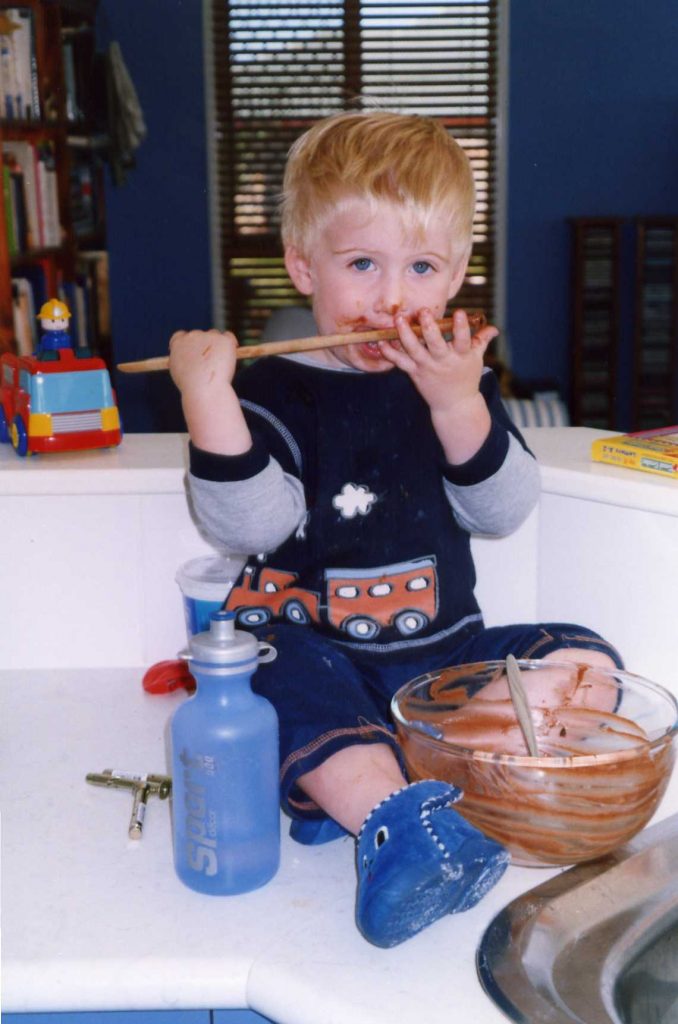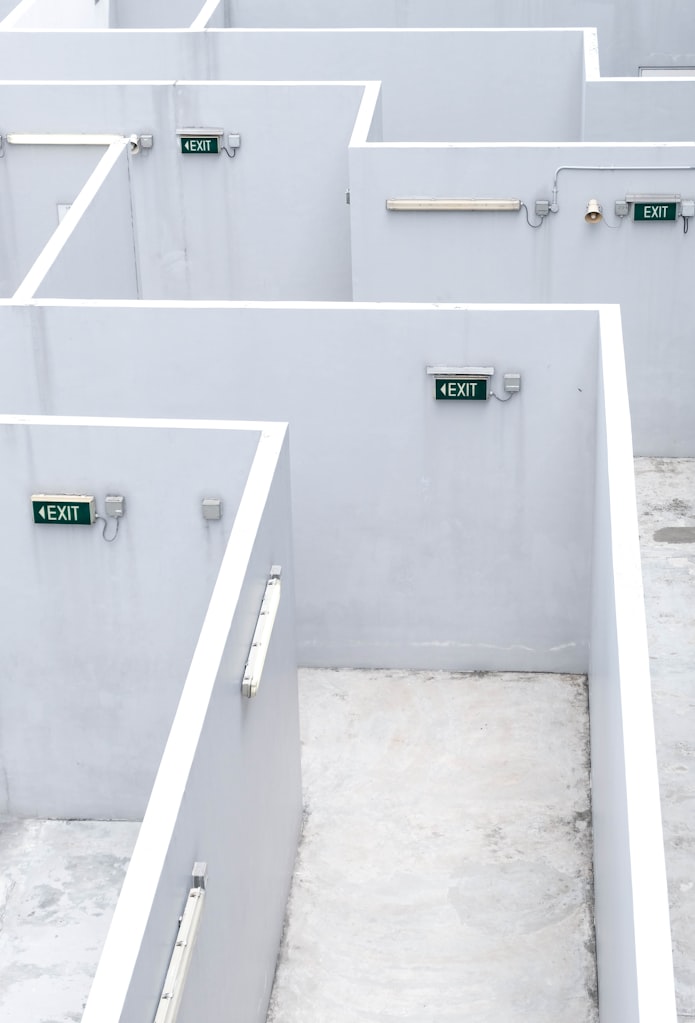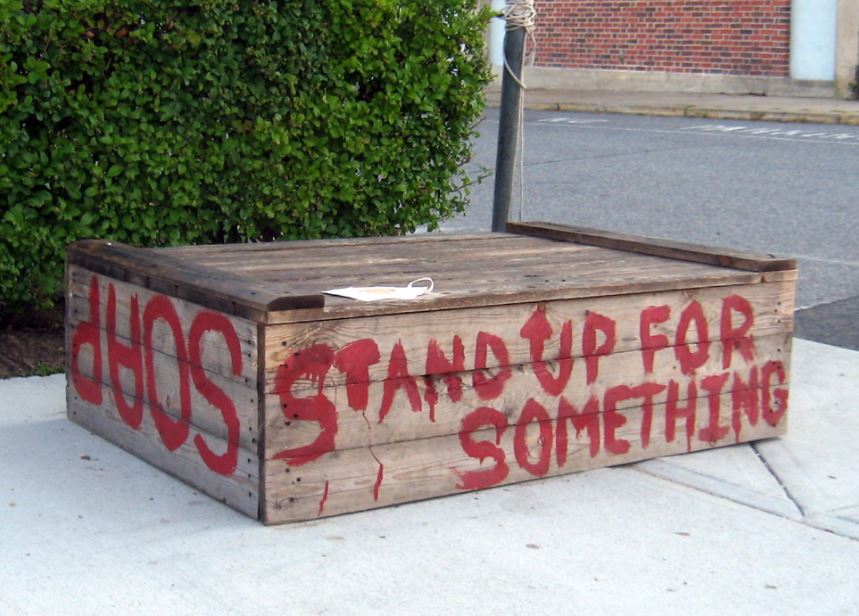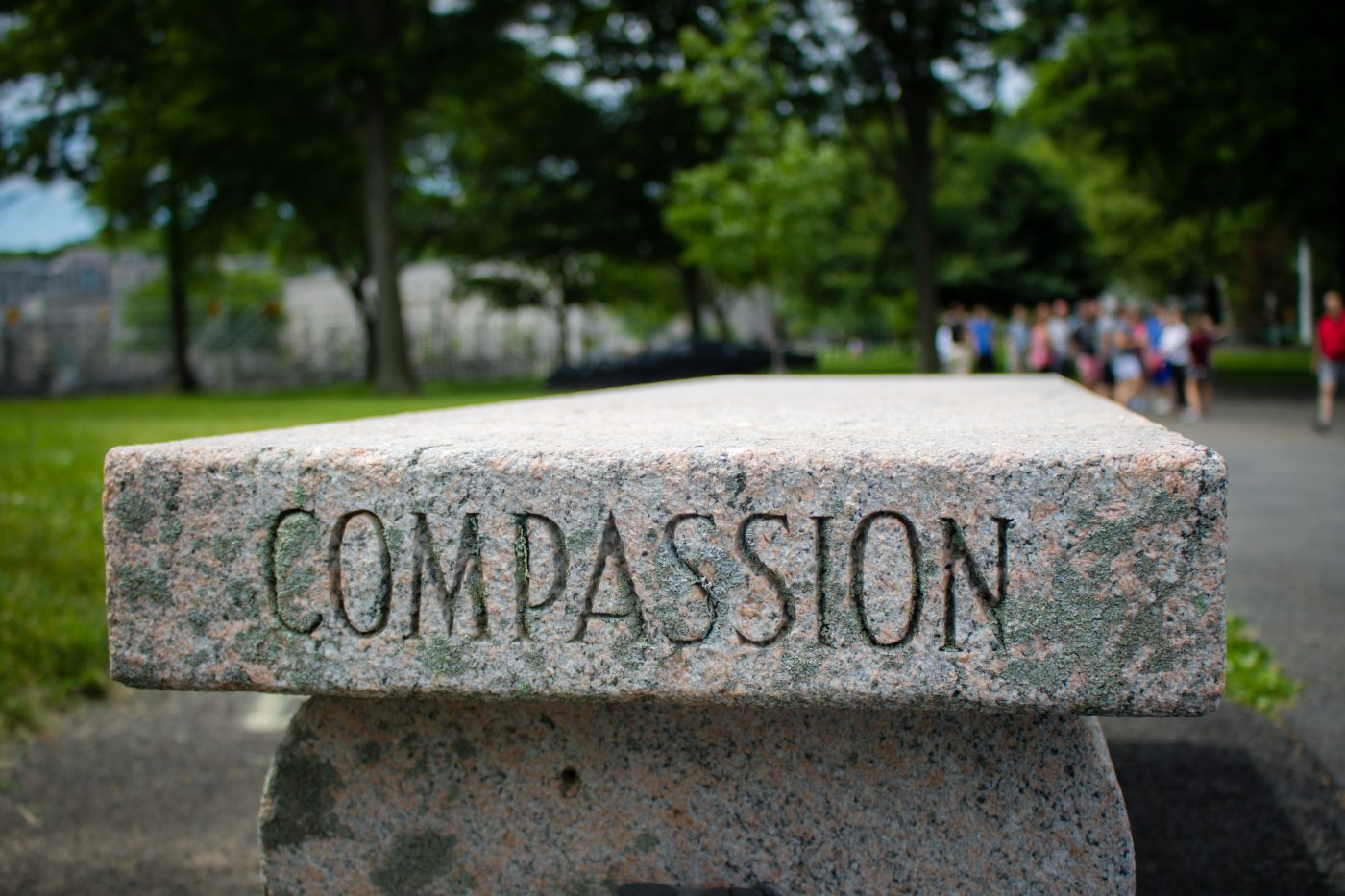Last week we left off with three questions and I want to jump in and address the first one straight off, to set the scene.
What is an addiction and is it possible to have a positive and/or negative one?
Dr Gabor Mate describes an addiction, (and I personally agree with his definition), as:
‘any behaviour a person finds temporary relief or pleasure in, where they or those around them suffer negative consequences as a result, and despite this, the person would find it difficult or can’t stop the activity.’
Addiction, therefore, has three elements:
- temporary relief
- negative consequences
- difficulty/inability to stop
Based on this, and if we are honest, there cannot exist a positive addiction.
Have you ever had an addictive pattern in your life?
I immediately self-analysed when I saw this question. Do I have, or have I ever been addicted to something? And is this different from an obsession?

My first thought was sugar. I love sweet food. (Omgosh, stop thinking about chocolate-covered jubes, sour worms, red licorice, and dark chocolate ginger …) I indulge occasionally but I know when I don’t moderate my sugar/food intake, I put on weight. The result is a negative consequence on my overall health and well-being. Furthermore, when I don’t feel healthy and attractive to myself, I can lack self-confidence and I am not as good a partner as I can be.
I was definitely obsessed with having children. Even after having Benny, I didn’t stop trying and continued to explore a variety of options for some years later. Simply put, I didn’t want to give up! Did it have a negative consequence? Absolutely. On my relationships and likely my mental health. I justified this at the time as persistence but was it an obsession or even an addiction?
I want to be clear. I own all my decisions and my choices and looking back I have no regrets. I would probably make the same choices if I had to do it all again today.
Sometimes the answers are not black and white.
“Not all addictions are rooted in abuse or trauma, but I do believe they can all be traced to painful experience. A hurt is at the centre of all addictive behaviours.“
– Dr Gabor Mate
What causes an addiction? And what do people gain from their addictions?
In the majority of cases, something happens, or a person experiences loss. I am not just talking about the loss of life, although what a great reason to want to escape from yourself for a while. A loss can be anything, a loss of joy, control, security, connection, or the feeling of the loss of love.
Coupled with an increase in, or new anxiety or depression, it drives the need to cope, avoid, or escape from a circumstance, an event, or a trauma. All of which are part of a person’s lived experience.

If we think about what it means to escape, this doesn’t necessarily mean taking drugs or alcohol. Unfortunately, these are just two of the many addictions out there, yet the ones most people think of first. Consider shopping, eating, gambling, extreme sports, porn, gaming, alcohol, scrolling, and the list goes on and on.
You might scoff and say how can shopping be an addiction?
Dr Mate shares his own story of his addiction to buying classical music cd’s. Initially, it might sound harmless. But when he began lying to his wife, hiding his activities, neglecting work and family responsibilities, and excessive spending, his relationship with shopping switched from being harmless to an addiction. Note, the addiction was in the buying NOT the music itself.
I am a big advocate of intuition and listening to our inner self or gut feeling.
How do you feel after you perform any particular activity?
Do you feel shameful or proud? guilty or energised? self-loathing or empowered?
Have you been dishonest or led by example? deceitful or trustworthy? sneaky or transparent?
No one chooses to live in pain and we don’t sit well with negative or challenging emotions. The common and instinctive reaction is to back off or distance ourselves. It is at this point we might look for ways to numb or void painful feelings. Addicts find relief in their choice of substance or activity. They are relieved of anxiety, dulled to emotions, and often feel lighter, better, and largely pain-free, even more confident.

What about societies view and response to addiction?
Perhaps this question is one of several soapboxes I admit to currently standing on.
Unfortunately, in most cases (not all), we are quick to demonise the addict. We take the abused, traumatised, and intensely hurt people, place them outside the law or put them in jail. We treat them like rejects, failures, and less than humans, and we wonder why they don’t get better.
We turn our heads away in disgust and even point the finger and respond in judgement of their actions.
At the same time as we incarcerate the drug dealer and addicts, we offer special discounts on a wide range of addictive beverages and collect huge amounts of revenue from widely available other addictive substances and services.
Society often adopts the attitude that an addict should just choose to end the addiction and it is in fact a choice.
Yes, it IS a choice BUT it is largely dependant on the person wanting to end the addiction and having the right conditions, and support to be able to choose. I don’t believe it’s as simple as a pure act of will and certainly not achievable while being criticised, degraded, and ostracised from communities and society.
If we were to adopt the notion of ‘not why the addiction, but why the pain’, perhaps we would approach people in a more compassionate and loving way and the world might not be as screwed up as it is today.
Sure, I live in a bubble – a big blue positive one, and I’m happy to admit that. I have experienced the power of kindness and compassion. And whilst I have never been addicted to narcotics or alcohol myself, I have also experienced, what it’s like to live with someone who is.
I can tell you today, it was never about the addiction to drugs, but the lack of control and security, and the pain and guilt, that caused that person’s behavior.
I know this has been a more intense, perhaps a more confronting post than usual, but I hope it makes you think differently about what creates addiction and why. I also hope that you will look to others with kindness before judgement.
A few key take-aways.
- Compassion is more powerful than judgement. Everyone walks their own difficult path.
- Love can reach deep places and wounds that only kindness can heal.
- None of us is perfect, and there is no expectation to be perfect… other than the one we place on ourselves.
Perfection in any person or any thing does not exist,
so stop trying to find it or be it!
Even the moon is not perfect, it is full of craters.
The ocean is not perfect, it is salty and dark in the depths.
The sky is not perfect, it is infinite and can be stormy and volatile.
The most beautiful things in life are not things,
and even these are not perfect.
What we deem to be beautiful is what we consider special, what we love, and what we have a connection to.
Much love
Dalya xx 💙
